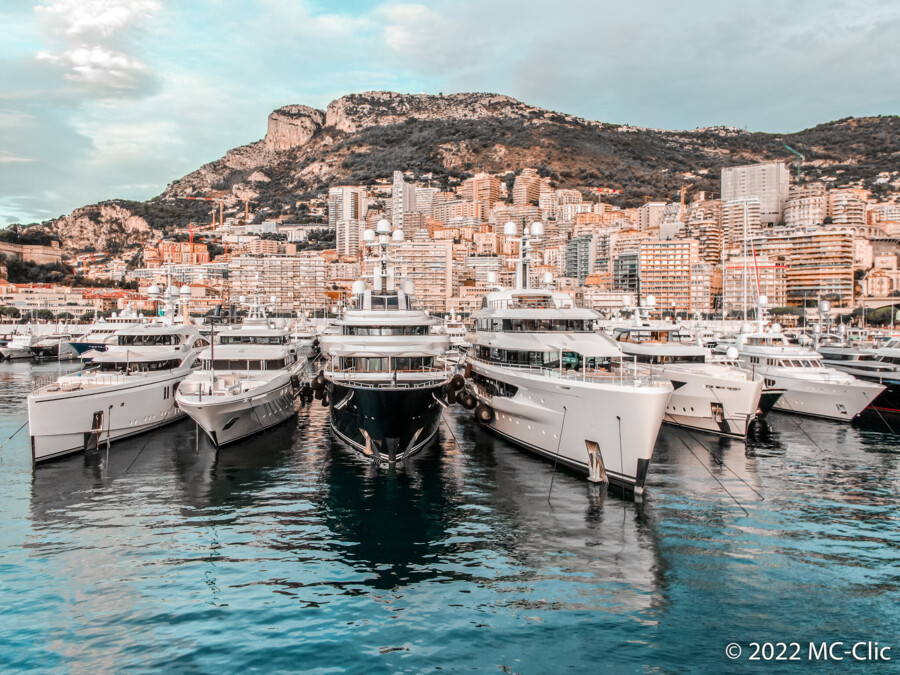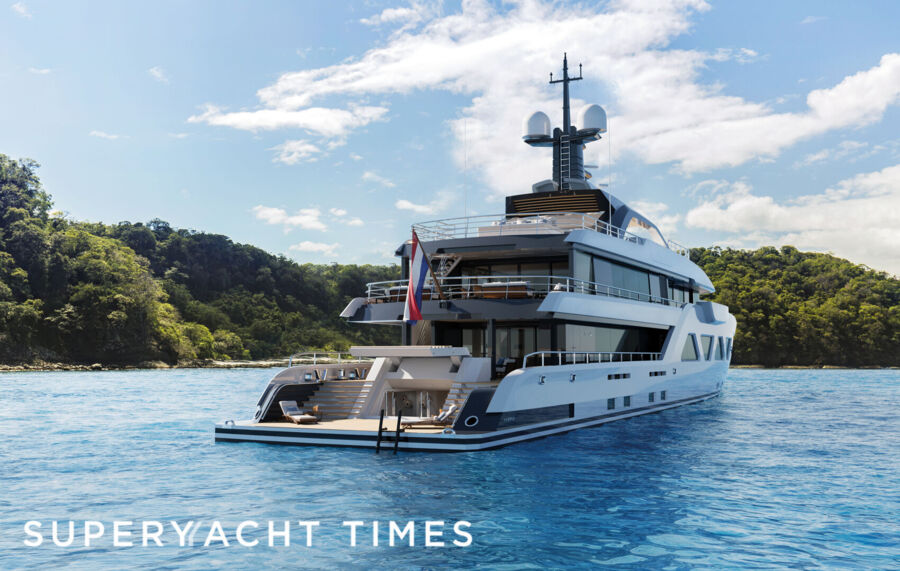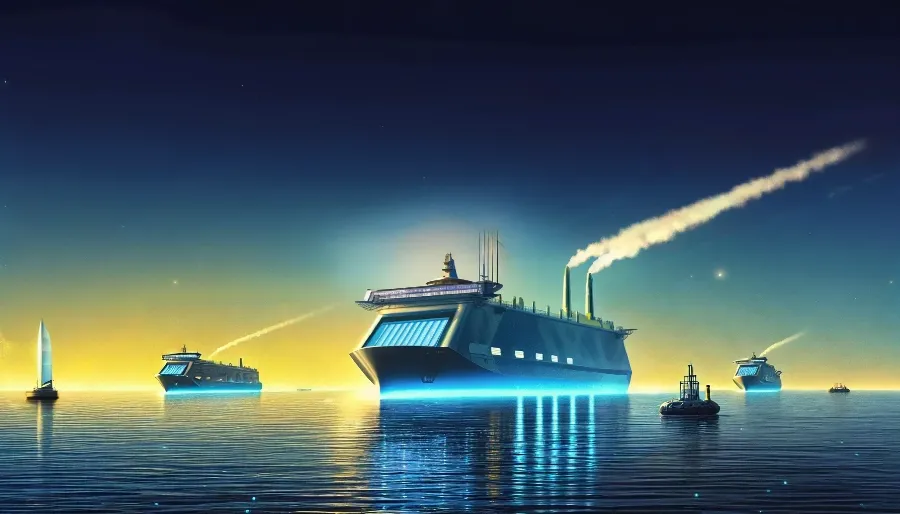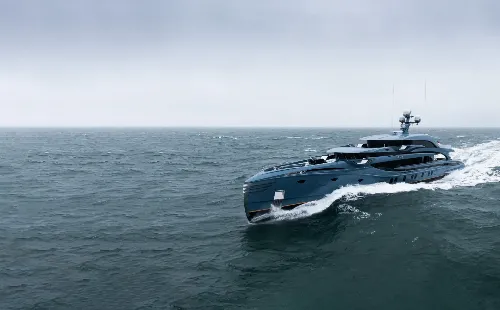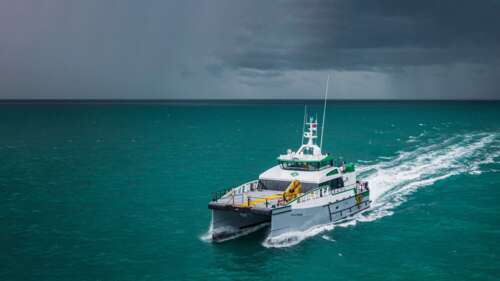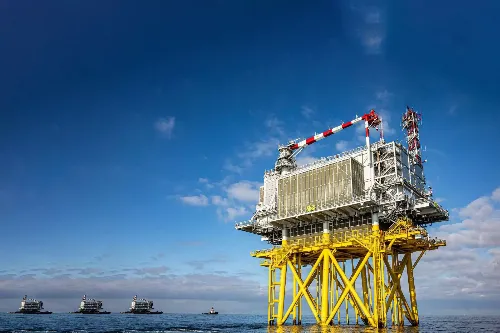Introduction
Fuel consumption is a massive topic across the maritime industry. In 2022, global shipping alone accounted for nearly 3% of the world’s greenhouse gas emissions. Reducing the amount of fuel consumed and switching to alternative non-fossil-based fuels can significantly impact the globe’s greenhouse gas production. Many innovative technologies are being developed to achieve this goal, particularly the development of alternative fuels. Let's dive into these emerging solutions and explore their potential.
Summary of Key Points
- Importance of Alternative Fuels: Reducing maritime fuel consumption is vital for cutting global greenhouse gas emissions.
- Liquefied Natural Gas (LNG): Offers reduced emissions but relies on a finite resource and poses methane leakage risks.
- Hydrogen and Ammonia: Present zero-carbon potential but face production and infrastructure challenges.
- Future Outlook: Continued innovation and development are essential for the successful adoption of these alternative fuels.
What Are Alternative Fuels in the Maritime Industry?
The search for alternative fuels in maritime shipping is driven by the need to reduce environmental impact and reliance on finite resources. Among the most promising candidates are Liquefied Natural Gas (LNG), hydrogen, ammonia, and biofuels. Each of these fuels offers unique benefits and challenges, and understanding them is crucial for navigating the future of maritime energy.
How Does Liquefied Natural Gas (LNG) Benefit the Maritime Industry?
Liquefied Natural Gas (LNG) has emerged as a popular alternative to conventional marine fuels. LNG produces less sulfur, nitrogen, and CO2 emissions compared to traditional fossil fuels, making it a cleaner option. However, it is not without its drawbacks.
Advantages of LNG:
Reduced Emissions: LNG combustion results in lower emissions of sulfur oxides (SOx), nitrogen oxides (NOx), and carbon dioxide (CO2). According to the Maritime Executive, LNG can reduce sulfur oxide emissions by up to 95% and nitrogen oxides by up to 85%, along with a significant reduction in carbon dioxide. (Maritime Executive), (Seatrade Maritime)
Availability: LNG infrastructure is expanding globally, making it more accessible. LNG bunkering facilities are being developed, particularly in Europe, which helps facilitate its adoption. (Maritime Cyprus)
Limitations of LNG:
Finite Resource: LNG is derived from natural gas, a non-renewable resource. This means it is not a long-term solution for sustainable energy.
Methane Leakage: Methane, a potent greenhouse gas, can leak during extraction and transport, offsetting some of the environmental benefits. Methane slip, where unburned methane escapes during combustion, remains a technical challenge, although advancements are being made to reduce these emissions. (Worldbank), (Seatrade Maritime)
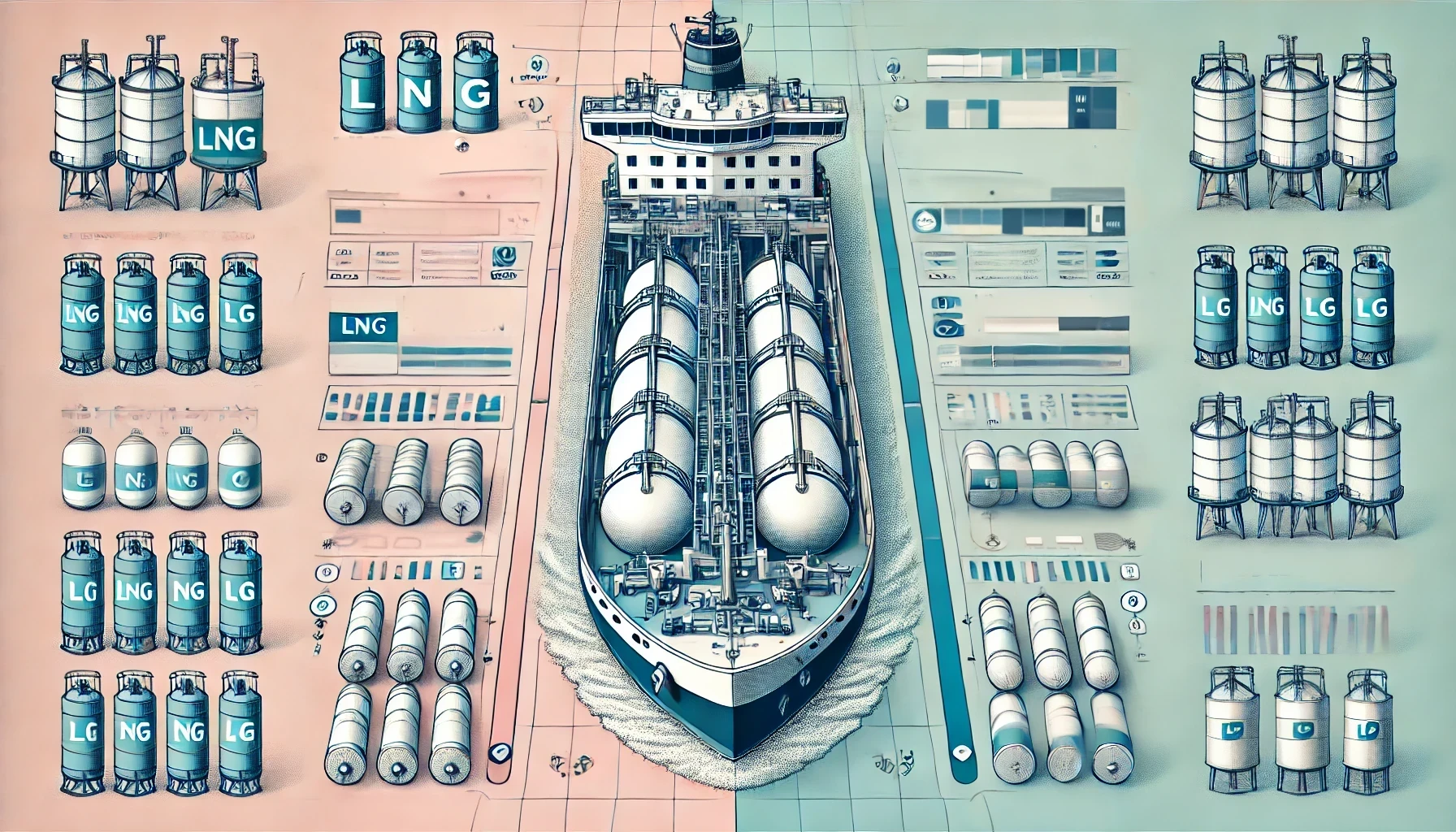
Can Hydrogen and Ammonia Fuel the Future of Maritime Shipping?
Hydrogen and ammonia are gaining traction as potential future fuels for maritime shipping due to their zero-carbon potential when produced from renewable sources.
Hydrogen Fuel Cells:
How They Work: Hydrogen fuel cells generate electricity through a chemical reaction between hydrogen and oxygen, with water vapor as the only byproduct.
Environmental Benefits: No greenhouse gases are emitted during operation, making hydrogen a clean energy source. (CSIS), (Sandia)
Challenges: The production of hydrogen fuel cells requires substantial energy, which may come from fossil fuels if not sourced from renewables. Additionally, hydrogen is highly flammable and requires specialized storage and handling infrastructure. (Maritime Magazines), (Sandia)
Ammonia as a Fuel:
Usage: Ammonia can be used in combustion engines and fuel cells.
Environmental Considerations: While ammonia does not emit CO2, it can produce nitrogen oxides (NOx), which are potent greenhouse gases. Advanced technologies and catalytic converters are needed to mitigate NOx emissions. (CSIS), (Maritime Magazines)
Compatibility Issues: Ammonia cannot be used in engines designed for conventional fuels without significant modifications, posing a barrier to immediate adoption. (Maritime Magazines)
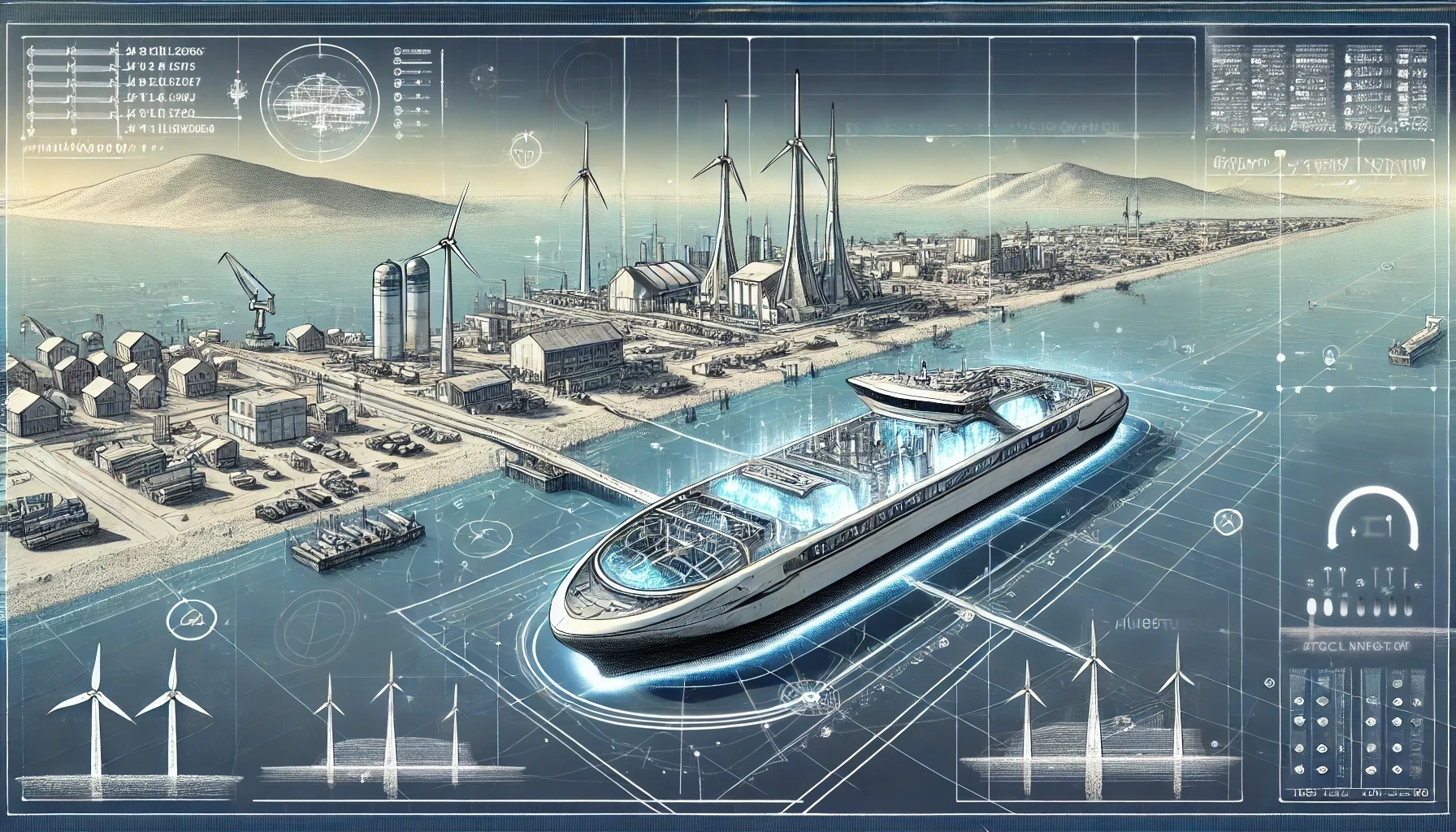
Conclusion
Liquefied Natural Gas (LNG) has paved the way for alternative fuels in maritime shipping, offering significant emission reductions compared to traditional fossil fuels. However, it is clear that LNG is not a long-term solution due to its reliance on finite resources. The potential of hydrogen and ammonia as zero-carbon fuels is immense, but their widespread adoption hinges on advancements in production technologies and infrastructure development.
As the maritime industry continues to innovate and evolve, these alternative fuels will play a crucial role in shaping a more sustainable future. Stay tuned for our next blog, where we will explore hydrogen and ammonia in more detail, examining their potential to revolutionize maritime shipping.
References
1. Maritime Executive. "The Outlook for LNG as a Marine Fuel." Retrieved from https://maritime-executive.com....
2. World Bank. "Charting a Course for Decarbonizing Maritime Transport." Retrieved from https://worldbank.org/en/news/....
3. Seatrade Maritime. "LNG to Fuel the Maritime Industry." Retrieved from https://seatrade-maritime.com/....
4. Maritime Cyprus. "The Pros and Cons of LNG as a Maritime Fuel." Retrieved from https://maritimecyprus.com.
